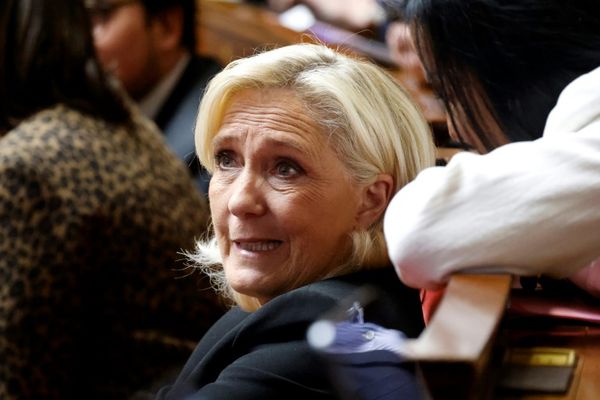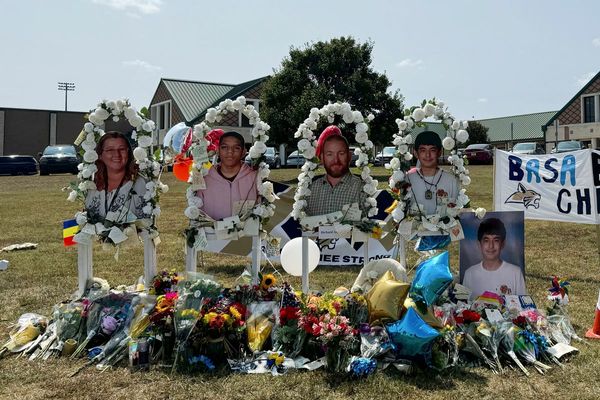There are more than 15,000 active COVID cases in SA, the highest number in three weeks, but the number of people with the virus in hospital continues to fall.
The state recorded another 1,714 new cases overnight and two deaths, women aged in their 60s and 90s.
The state now has 15,069 active cases.
There are 112 people with COVID-19 in hospital, 30 less than yesterday.
The numbers in intensive care remain the same as yesterday, with 13 in intensive care and four requiring a ventilator.
The latest figures show 283 public school teachers and 195 school services officers are off work due to COVID-19 reasons, while 1.9 per cent of public school students are absent due to isolation or infection.
Those figures show a decrease of 30 teachers and 24 support staff compared to yesterday's numbers, while student absentees rose slightly by 0.2 per cent.
Meanwhile, SA Police Commissioner and state coordinator Grant Stevens today said Chief Public Health Officer Professor Nicola Spurrier would review the state's isolation and quarantine guidelines for positive cases and close contacts.
However, he said he was "not forecasting an outcome" of that review.
The definition of a "close contact" was eased at national cabinet level late last year, at a time when COVID cases were surging in South Australia following a repeal of border restrictions.
But, at the time, South Australia's Chief Public Health Officer Nicola Spurrier said the state would be keeping its definition in order to reduce the spread.
Under South Australia's current rules, close contacts include anyone who has had more than 15 minutes of contact with a positive case face-to-face indoors without masks.
The state's quarantine rules require 10 days for positive cases, 14 days for household contacts who cannot isolate away from a positive case, and seven days for close contacts.
Close contacts must also adhere to testing requirements.
South Australia will also stick to its own rules around mask mandates for now, despite other states winding back their requirements.
"This is not to say that masks are going to be a feature in the long-term but right at this point in time, with the changes we're making … keeping masks in place at the moment is I think a sensible decision," Mr Stevens said.
In South Australia, masks are required in indoor public places and high-risk settings like health care and aged care, and the current rules have been in place since last July.
Clinical epidemiologist, surgeon and head of Population and Global Health at the University of Melbourne, Professor Nancy Baxter, said mask mandates work and should be "one of the last" restrictions to be relaxed.
"And relaxing other things that more directly impact the economy makes sense," she said.
Hospitality restrictions will be further relaxed in SA this weekend, with dancing and stand-up drinking allowed in certain situations.
Professor Baxter said while she did not expect "another huge spike of cases" in states that have relaxed mask mandates, she predicted that cases "would go up somewhat" or would plateau rather than continuing to decline.
"We saw this happening in Victoria when we opened up after the Delta wave," she said.
"We opened up at a really high case number and whenever the cases would start to come down, we'd relax another restriction, so we ended up plateauing at about 1,000 cases a day of Delta and that led to continued high level of hospitalisation from COVID and deaths from COVID as well."
Professor Baxter said while mask mandates will not be around forever, there were good reasons to still wear them.
"Even when mask mandates are relaxed it doesn't mean the recommendation for mask wearing is gone," she said.
"So what I really don't like seeing is messages like 'ditch the mask' or 'smiles are back' because masks are still recommended and many people may continue to wear masks and it's really important we allow them to do so and don't shame them or pressure them to take their masks off.
"They're just not so critically needed that we have to require them by law."







